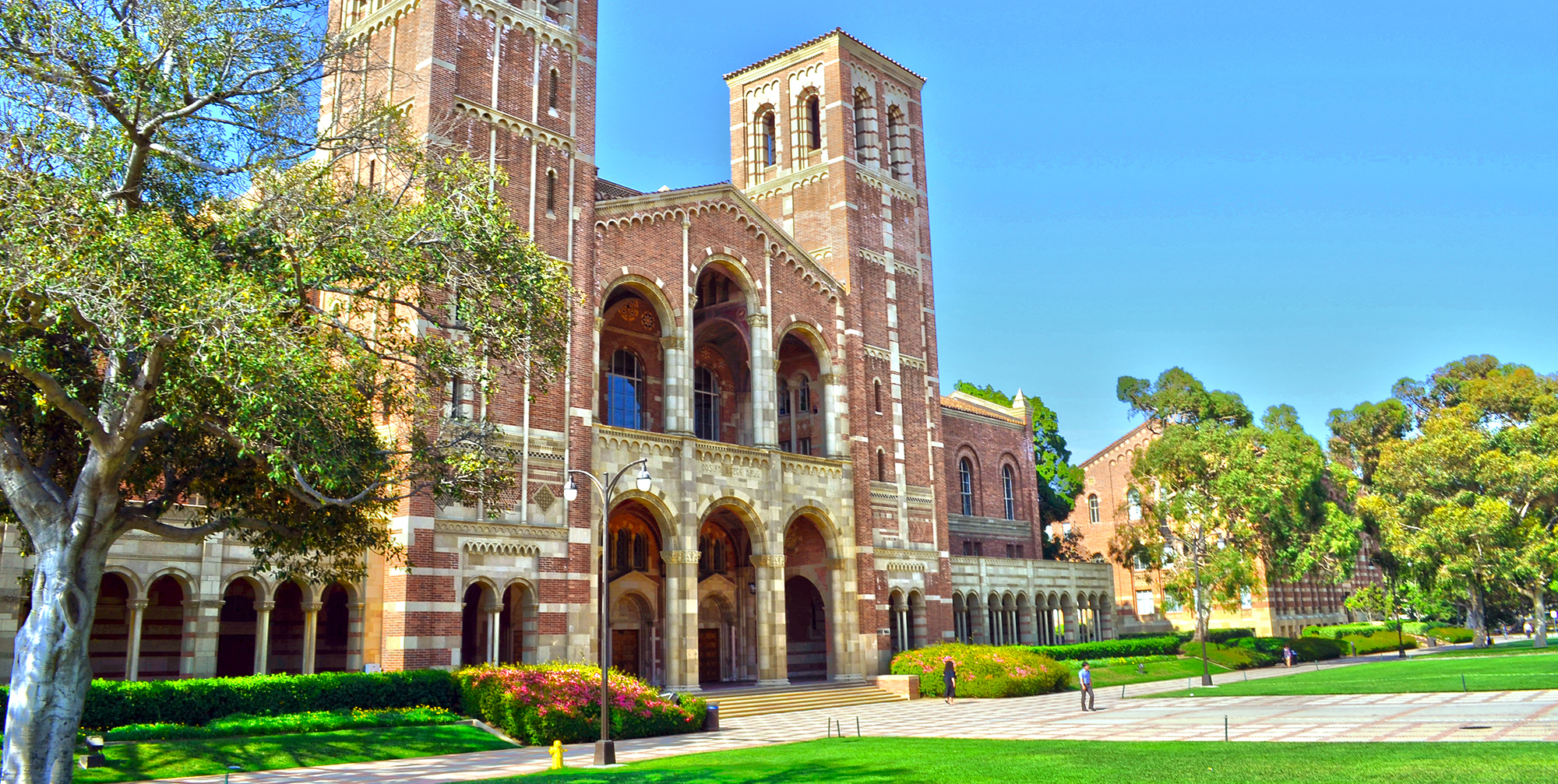ucLADINO Symposium to Include Panel on USC Shoah Foundation

The fifth annual ucLADINO symposium at UCLA will include a panel featuring USC students who have utilized testimony in their research on the Ladino language.
Scholars will gather at UCLA March 2 and 3, 2016, to present research on Ladino, the language spoken by Sephardic Jews of Spanish origin before World War II. The annual symposium is organized by the UCLA student-run ucLADINO organization and is the nation’s premiere space for scholars to connect and share research on Ladino.
Jessica Marglin, Ruth Ziegler Early Career Chair in Jewish Studies and Assistant Professor of Religion at USC, will lead a panel on Ladino and USC Shoah Foundation.
The panel will include PhD candidate in comparative literature Andrew Soria and undergraduates Lara Sassounian and Dana Austin, who will discuss their research on Ladino that was enhanced by testimony in the Visual History Archive. Soria will focus on Ladino pedagogy while Sassounian and Austin will discuss the impact of the Holocaust and World War II on the decline of the Ladino language.
Seventy-one testimonies in the Visual History Archive mention Ladino language or Ladino culture.
Ladino, otherwise known as Judeo-Spanish, is the spoken and written Hispanic language of Jews of Spanish origin. Ladino, which originated in the Ottoman Empire and North Africa, did not become a specifically Jewish language until after the Sephardic expulsion from Spain in 1492 - it was merely the language of their province. Today, it demonstrates the influence of Hebrew, Arabic, Turkish, Greek, French and Italian.
Ladino speakers who survived the Holocaust and immigrated to Latin America tended to pick up regular Spanish very quickly. Israel is now the country with the greatest number of Ladino speakers, with about 200,000 people who still speak or understand basic or limited forms of the language.
Like this article? Get our e-newsletter.
Be the first to learn about new articles and personal stories like the one you've just read.